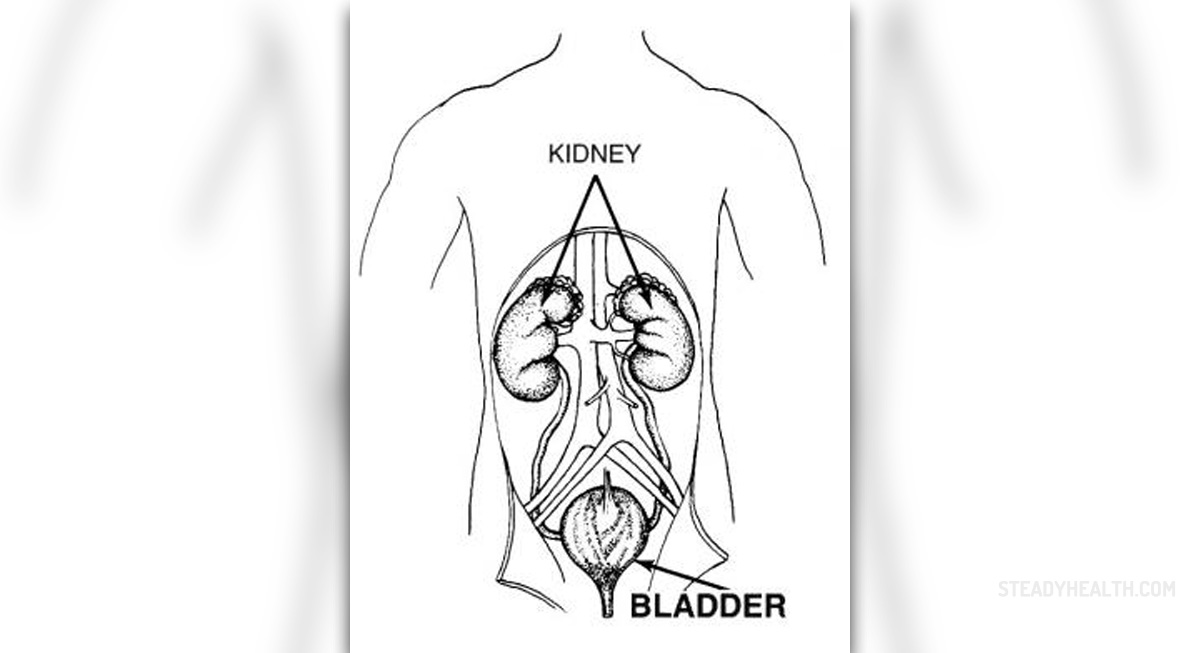
Bladder distension is a medical condition in which the patients simply cannot pass urine even though there is strong desire for urination. The condition is also referred to as urinary retention since the impossibility or urination leads to accumulation and retention of the urine. This 'stretching ' of the bladder is pathological and is always associated with some other medical conditions. The person suffering from distended bladder experiences excruciating pain and in more serious cases the disease can cause permanent bladder damage, chronic kidney failure etc. The symptoms may develop gradually or suddenly.
Distended Bladder - Causes
Benign prostatic hypertrophy is the leading cause of distended bladder in male population. Once the prostate has become large enough it interferes in proper elimination of the urine which consequently accumulates in the bladder and thus results in bladder distension. Apart from benign enlargement of the prostate even prostatitis (inflammation of the prostate) and prostate cancer may be responsible for excessive stretching of the bladder and accompanying symptoms.
In other cases the condition develops as a consequence of interruption of the nerves which normally innervate the bladder. Namely, these nerves transmit the information from the brain to the bladder and this way the bladder muscles are properly controlled. However, once the nerves stop transferring signals the muscles cannot relax and the bladder simply cannot empty. This typically affects people who have experienced spinal cord compression, stroke, spinal cord injury and those suffering from spinal cord tumors.
And finally, bladder distension may occur due to certain medications and infections in the pelvic area or around the spinal cord.
Symptoms of Bladder Distension
The most prominent symptom of bladder distension is the inability to urinate despite the presence of an urge. Additional symptoms are pain in the lower abdomen, back pain, straining and painful urination. In some cases small amounts of urine may leak. And finally, nocturnal and serious incontinence may affect patients suffering from distended bladder. Treatment for Bladder Distension
Initially, patients may stimulate urination by sitting in a bathtub full of warm water. Even more walking may stimulate the bladder and ease urination. More walking is usually recommended to people who have undergone surgery and those who are recovering from certain illness.
However, this is usually not effective in all patients and they turn to their doctors. Acute bladder distension is accompanied by severe pain and discomfort. These patients are inserted urinary catheter. A urinary catheter is, unfortunately, only temporary solution. The doctor performs tests and examinations in order to identify the underlying cause of bladder distension.
Some patients may benefit from certain implantable devices. These devices stimulate the nerves that control the bladder.




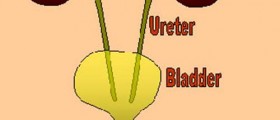
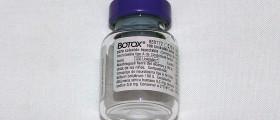
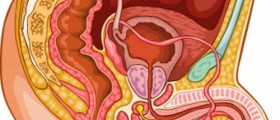
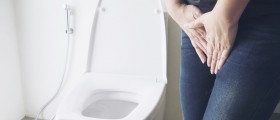





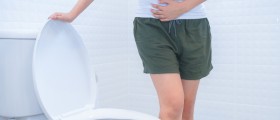

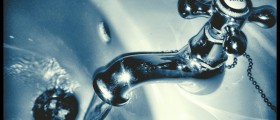

Your thoughts on this
Loading...